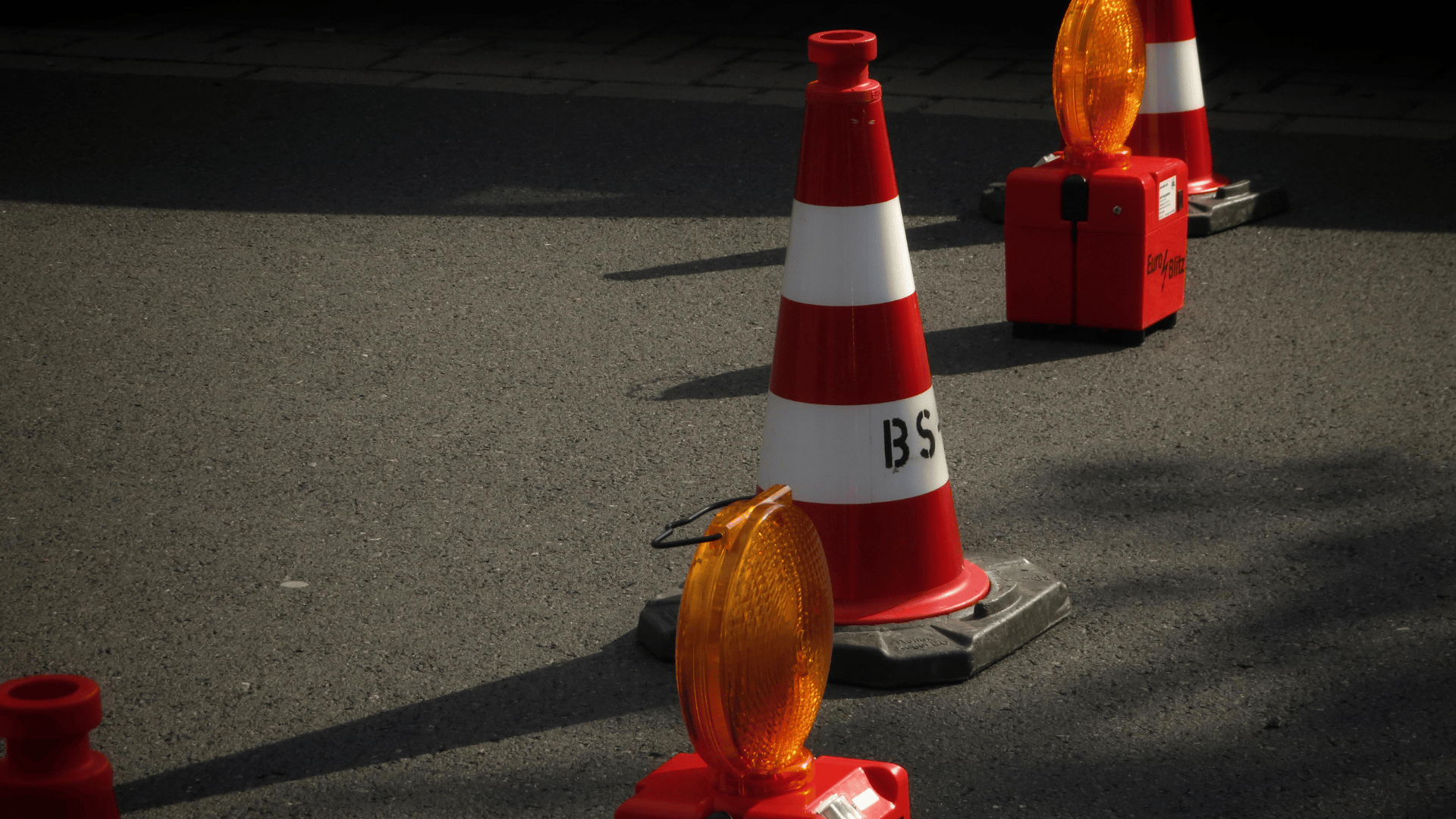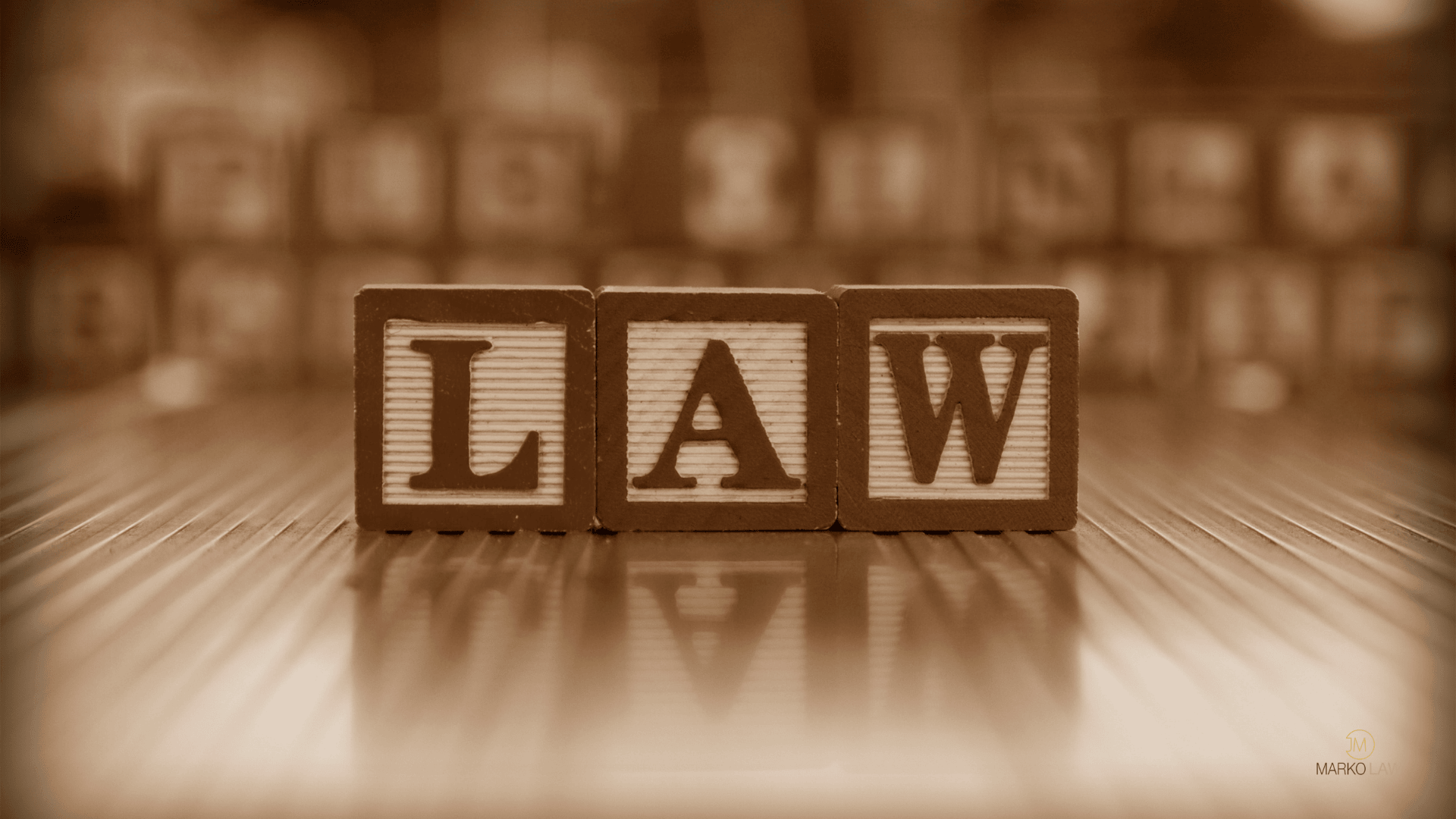Work zones are supposed to make roads safer. But too often, they create chaos instead. Sudden lane shifts, poorly marked detours, construction equipment creeping into traffic, and drivers who panic or speed through—the mix is volatile. And the consequences are real: wrecked vehicles, severe injuries, and lives upended in seconds.
These aren’t just “accidents.” They’re often the result of negligence—from drivers ignoring reduced speed limits, to construction companies that fail to post proper signage, to agencies that don’t enforce basic safety protocols.
Here’s the truth: you have rights. Whether you were hit by another vehicle in a poorly marked merge zone, struck construction equipment that shouldn’t have been in the roadway, or injured as a worker because a driver didn’t slow down—you are not powerless.
Michigan law protects both drivers and construction workers from preventable harm in work zones. And when someone cuts corners—on safety, on training, on responsibility—you can hold them accountable.
Michigan Law: Construction Zone Crash Liability
Comparative Negligence in Michigan
Michigan uses a comparative negligence system. That means more than one person—or company—can share legal fault for the same crash.
Let’s say a distracted driver rear-ends you in a poorly marked work zone. That driver may be at fault for texting behind the wheel—but the construction company may also be partially responsible if:
- Warning signs were blocked or missing
- Lanes were too narrow without adequate buffer zones
- Workers or equipment were positioned unsafely
Even if you’re found partially at fault, you can still recover compensation—as long as you’re not more than 50% responsible. Your damages may be reduced, but your rights don’t disappear.
Michigan’s No-Fault Insurance System
Under the Michigan No-Fault Law, your own insurance covers:
- Medical expenses
- Lost wages
- Replacement services (like household help while you recover)
This applies regardless of who caused the crash. It’s designed to get you care fast—but it doesn’t stop there.
If your injuries are serious, disfiguring, or permanent, you can step outside the No-Fault system and sue the at-fault party for additional damages, including pain and suffering.
Suing for Pain and Suffering
If your injuries meet the threshold of "serious impairment of body function" under Michigan law, you may sue the at-fault party (or parties) for:
- Physical and emotional pain
- Loss of quality of life
- Long-term limitations and trauma
In construction zone crashes, this often applies to:
- High-speed collisions
- Crashes involving commercial trucks or work vehicles
- Pedestrians or workers struck while on-site
Special Protections for Injured Construction Workers
If you’re a construction worker injured in a work zone crash, you may qualify for:
- Workers’ Compensation (covers medical care and wage replacement)
- Third-party claims against drivers or subcontractors who caused the crash
For example: If a delivery truck enters the zone without warning and hits you, you may have a claim against the trucking company—in addition to your workers’ comp benefits.
Who Can Be Held Liable?
Other Drivers
Some crashes in work zones happen because another driver simply ignored the rules of the road. You may have a strong case against another motorist if they were:
- Tailgating in a congested lane
- Speeding through a posted work zone speed limit
- Texting or distracted by their phone
- Aggressively merging or failing to yield to posted signs or flaggers
Even with tight lanes and sudden stops, drivers still owe a duty of care to those around them—including you.
Construction Companies
When construction companies fail to prioritize safety, the results can be deadly. These entities can be held liable for:
- Poor signage that confuses drivers or doesn’t warn of upcoming hazards
- Improper traffic control, like missing cones, barriers, or flaggers
- Unsafe lane closures that create bottlenecks or visibility issues
- Construction equipment left too close to active lanes
- Failure to follow MDOT or federal work zone safety regulations
Contractors are responsible for following safety protocols set out by agencies like the Michigan Department of Transportation (MDOT) and OSHA. Cutting corners to save time or money puts lives at risk—and that’s negligence, plain and simple.
Government Entities (MDOT or Local Municipalities)
When a crash happens in a government-managed construction zone, entities like the Michigan Department of Transportation (MDOT) or local public works departments may be liable—but suing the government comes with hurdles.
You may have a claim if the agency:
- Created a defective road design (e.g., blind curves, unsafe detours)
- Failed to maintain safe and reasonable traffic flow
- Ignored known hazards or complaints from the public
- Approved traffic plans that violated state safety standards
However, governmental immunity often protects public agencies from lawsuits unless you meet certain exceptions. In Michigan, one key exception is if the agency’s actions involved gross negligence or caused an unreasonably dangerous condition on the road. A lawyer can help you identify whether these exceptions apply.
Third-Party Contractors
Construction projects often involve multiple subcontractors—traffic control companies, paving crews, flagging services, or heavy equipment operators.
These third-party contractors can be held liable when they:
- Operate machinery without clear visibility or safety barriers
- Fail to set up proper detours or warning systems
- Miscommunicate with other teams on-site, leading to a chaotic work zone
Each contractor is responsible for their piece of the puzzle. When one fails to act safely and someone gets hurt, they can be held individually liable—even if they were working under a larger general contractor.
What to Do After a Work Zone Crash
Call 911 and Request Medical Help
Even if you think you’re okay, injuries like concussions, spinal trauma, and internal bleeding aren’t always obvious right away. Calling emergency services ensures:
- You get medical attention on the scene
- A police report is filed, documenting the crash and conditions
- Medical records begin immediately, supporting your injury claim
Document the Scene
Construction zones change fast. Cones get moved. Signs are removed. Lighting changes overnight. If you’re able, take photos or video of:
- Traffic signs and cones (or lack thereof)
- Lane markings and detour signs
- Construction equipment or workers in the roadway
- Vehicle positions and damage
- Lighting conditions (especially important at night)
This visual evidence can help prove negligent setup or poor planning.
Get Names of Workers or Supervisors On-Site
If construction workers or supervisors were present, ask for:
- Their names and roles
- The name of the construction company
- Any identifying info on vehicles, vests, or equipment
These details help your legal team track down responsible contractors or subcontractors.
Collect Witness Contact Information
Witnesses can make or break your case. Ask for:
- Names, phone numbers, and email addresses
- A quick summary of what they saw (text, voice memo, or written)
- Any dashcam footage if they were nearby
Even a short video clip or statement can provide powerful evidence.
Request Traffic Camera or Dashcam Footage
If your vehicle has a dashcam, save the footage immediately. Also:
- Ask nearby businesses or residences if they captured the crash
- Submit a request for traffic cam footage from MDOT or the local municipality (these systems often record over within days)
The sooner you act, the better your chance of preserving valuable video evidence.
Contact a Lawyer—Before You Talk to Insurance
Do not give a recorded statement to any insurance company until you’ve spoken with a lawyer. Why?
- Insurers often try to shift blame—especially in multi-party cases
- Construction companies and municipalities have legal teams protecting them
- You could unknowingly hurt your claim by admitting partial fault
An experienced attorney will protect your rights, preserve evidence, and launch an immediate investigation to secure your case.
Don’t Let the Chaos of a Work Zone Crash Be the End of Your Story
You weren’t speeding. You weren’t texting. You were just trying to get to work, pick up your kid, or make it home after a long day. Then—out of nowhere—you were blindsided by the mess of a poorly managed construction zone.
And now you're the one left dealing with the aftermath.
Here’s the truth: You didn’t cause this crash. Someone else’s negligence did. Maybe it was a distracted driver. Maybe it was a contractor who cut corners on safety. Maybe it was a city agency that looked the other way.
Whoever it was—you have the right to hold them accountable.
At Marko Law, we don’t back down from messy, multi-party cases. We go deep. We get answers. We get justice. If you’ve been hurt in a work zone crash in Michigan, we’re ready to fight for every dollar—and every ounce of accountability—you deserve.
Contact Marko Law for a Free Case Evaluation
📞 Phone: 1-833-MARKO-LAW or +1 313-777-7777
📍 Main Office: 220 W. Congress, 4th Floor, Detroit, MI 48226
🌐 Website: www.markolaw.com









.svg)








